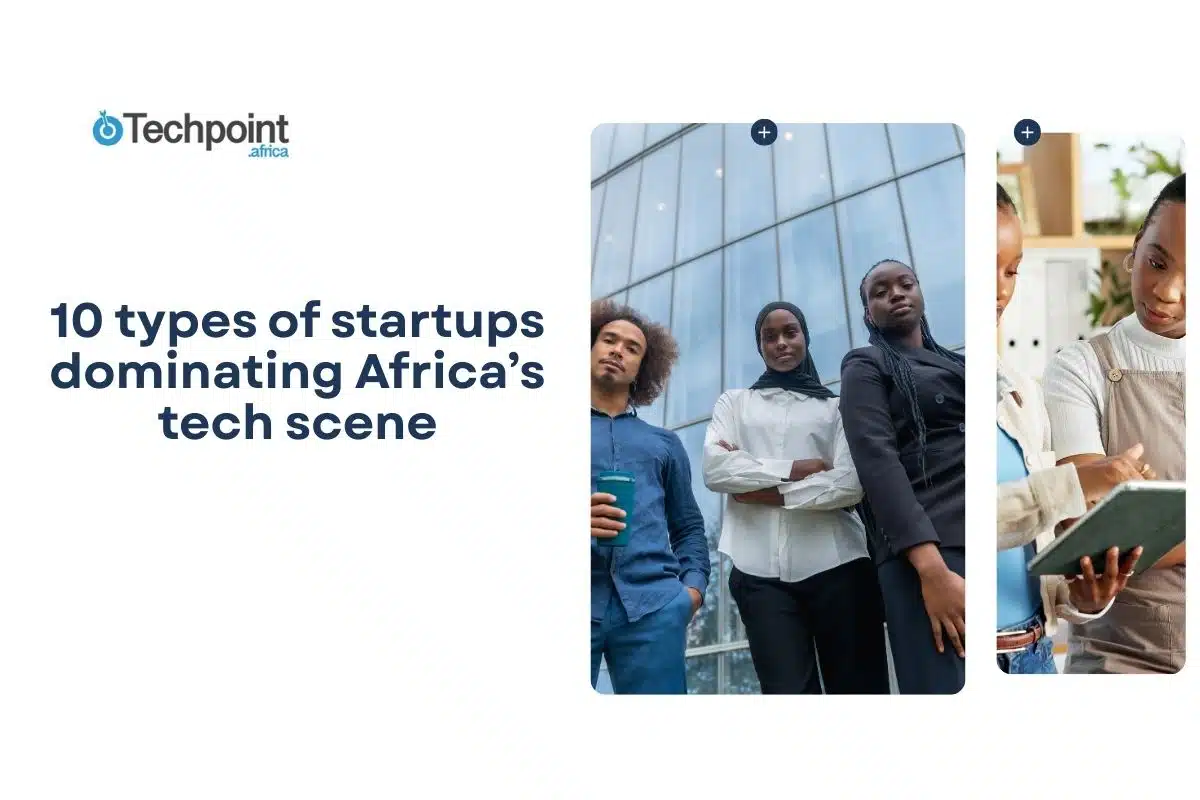In 2024, the team at Utiva took a step back to assess the impact of their work over the previous four years, training and placing African tech talent across the continent. What they found was a significant number of their alumni who had secured roles at global tech companies, often without direct support in landing those opportunities.
“We had students working in Amazon, Samsung, Mastercard, Square, Shopify,” Eyitayo Ogunmola, CEO and Founder of Utiva, shares.
But this discovery was a far cry from where Utiva started in 2020. Back then, the company had set its sights on embedding digital skill and employability training directly into university education. Instead, it encountered a familiar roadblock, failing to secure partnerships with Nigerian universities, so it pivoted quickly.
Utiva became an edtech platform providing technical skills training in areas such as cloud computing, cybersecurity, data analytics, product marketing, and product management. More than 20,000 students have been trained or placed in jobs. Additionally, it is leveraging insights from its alumni survey to drive its next phase of growth.
Helping companies in the global north hire in emerging markets
Over the past decade, African tech talent has increasingly found opportunities on the global stage, driven by the rise of companies like Andela, Utiva, Gebeya, and a growing number of tech bootcamps across the continent.
However, much of this talent has been absorbed by tech startups in Europe and North America, with relatively few placements in non-tech industries. Utiva sees this gap as its next big opportunity.
While startups like Andela focus on helping African developers work remotely for global tech companies, Utiva is now turning its attention to non-tech companies that want to hire from Africa but lack the experience and infrastructure to do so.
To meet this need, the company is evolving into an AI-powered hiring and payroll platform designed to help these companies find, onboard, and pay African professionals with ease.
How Utiva works today
Utiva’s business currently revolves around three core services: learning, hiring, and payments. Today, more than 70% of its operations are focused on Utiva Hire and Utiva Pay, platforms built to help global companies seamlessly hire and pay African tech talent.

Victoria Fakiya – Senior Writer
Techpoint Digest
Make your startup impossible to overlook
Discover the proven system to pitch your startup to the media, and finally get noticed.
Through Utiva Hire, the company acts as an employer of record, managing everything from recruitment and compliance to payroll. To streamline the hiring process, Utiva uses an AI agent that scans LinkedIn to identify and recommend qualified talent based on employer needs, removing the burden of sorting through thousands of profiles manually.
“Our AI stack is built on existing LLM models, with our current focus being on GPT-based systems. We’re actively developing custom layers on top of these models to better match, assess, and manage global tech talent for companies,” Ogunmola shares.
Utiva’s AI agents won’t just serve employers. They’re also being designed to support talent on the other side of the hiring equation. According to Ogunmola, the plan is for these agents to assist job seekers by recommending relevant roles based on their profiles, refining CVs to match specific job requirements, and even generating tailored cover letters to improve their chances of landing interviews.
Since pivoting into this model nearly a year ago, Utiva has placed 32 talents in roles across 14 companies. It has also begun working with outsourcing companies as clients, providing them with infrastructure to handle their hiring and payment processes more efficiently.
Despite its growing focus on hiring and payroll, Utiva isn’t stepping away from its roots in tech training. Instead, it’s expanding that offering.
A key upcoming initiative is a mini MBA programme for talents placed in global companies, designed to build essential soft skills like communication, confidence, strategic thinking, and leadership. While the programme is not yet live, Utiva envisions a future where even companies it hasn’t directly helped hire from Africa can send their teams to participate.
Business model and revenues
For hiring and managing talent, Utiva charges companies a monthly fee ranging from $500 to $950 per talent, depending on the skill set and role. This fee is charged in addition to the employee’s salary and covers technology access, compliance, vetting, and operational support.
Companies that use only Utiva Pay without recruitment support pay a flat $29 per employee per month. While it set out to offer its services directly to companies in need of talent, its services can also be used by outsourcing firms, and it has already signed on one such firm.
Ogunmola declined to share specific revenue numbers due to an ongoing fundraising round but confirmed that Utiva has been profitable since 2022.
Utiva’s team has grown to over 50. The operations and product teams are based in Nigeria, managing training, onboarding, and local compliance. Meanwhile, the growth and partnerships teams are located in the US and Europe, working closely with client companies to support talent acquisition, onboarding, and relationship management.
The training arm also remains a revenue stream, with all content developed in-house by subject matter experts and refined in collaboration with industry professionals.
Challenges and plans for the future
Despite entering a space dominated by global players like Rippling and Deel, Ogunmola, remains unfazed.
Rather than trying to outbuild competitors in sheer scale or tech firepower, the company is focused on serving a particular market segment — global companies seeking to hire African tech talent but lacking the infrastructure or experience to do so.
“Our competitive advantage is not necessarily the technology or that we’re better or smarter. It’s just the niche markets that we understand and are unravelling,” he says.
As part of this pivot, Utiva has invested significantly in refining its business model and overhauling internal processes to align with the demands of employer-of-record services and cross-border payments. The company has also been building out a growth team in key international regions, scaling its tech stack, and acquiring compliance licences to support hiring in multiple jurisdictions.
Looking ahead, Utiva aims to onboard 600 companies globally within the next 12 months. To support this expansion, it is preparing to launch version two of its technology platform, which will include enhanced payment rails, a multi-layered assessment system, and a robust compliance engine designed to simplify cross-border employment.
“The broader vision is to make Utiva’s infrastructure available to other players as a plug-and-play global hiring and payment solution.”










